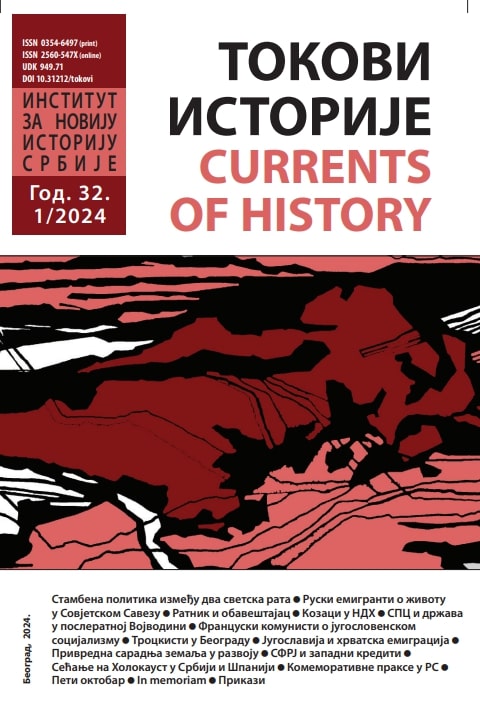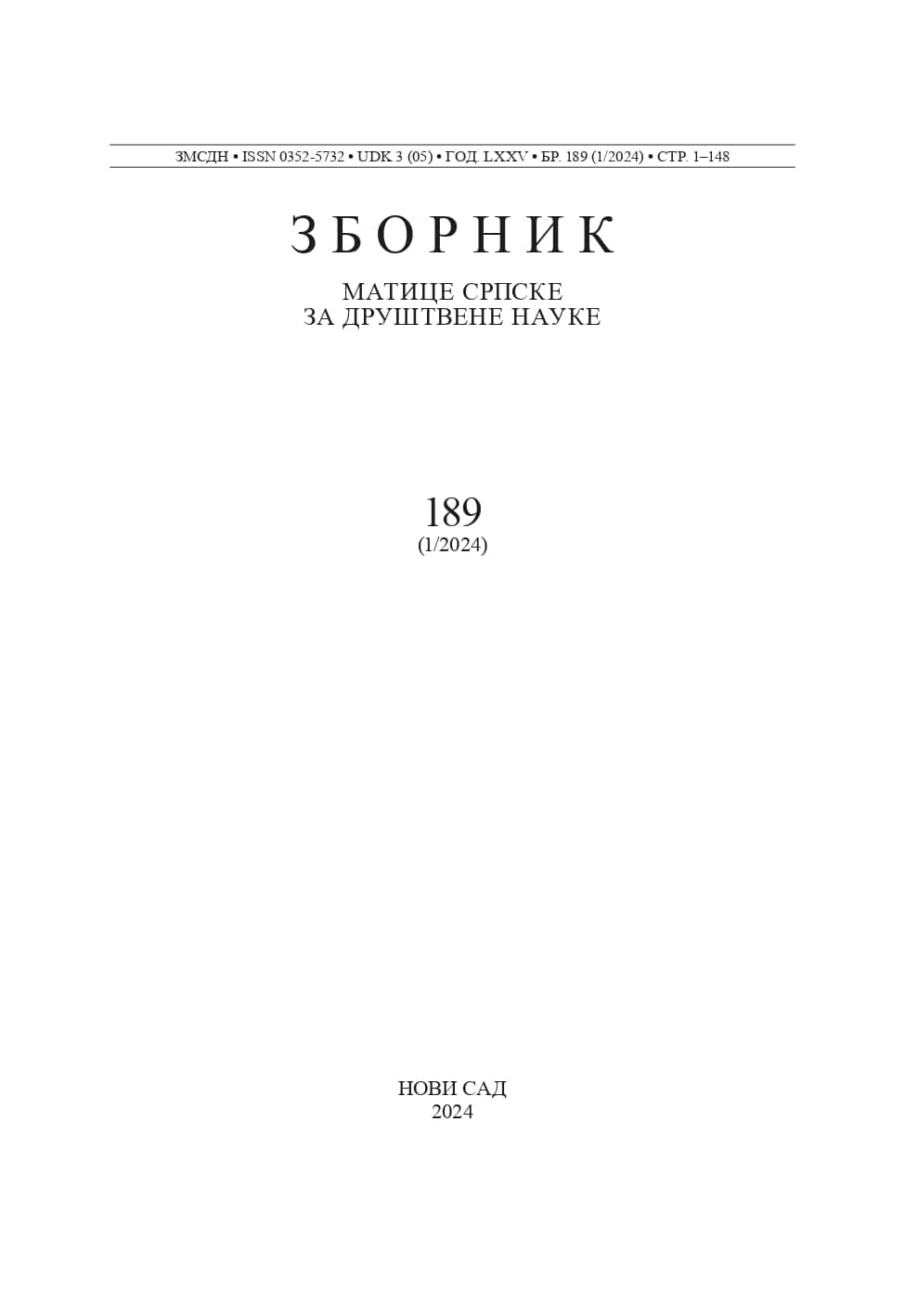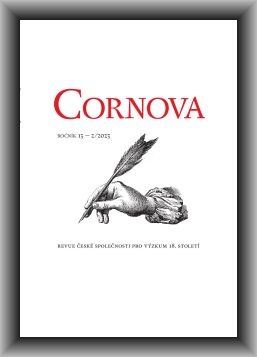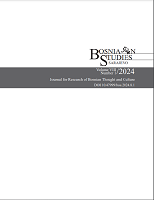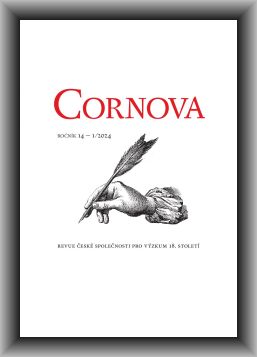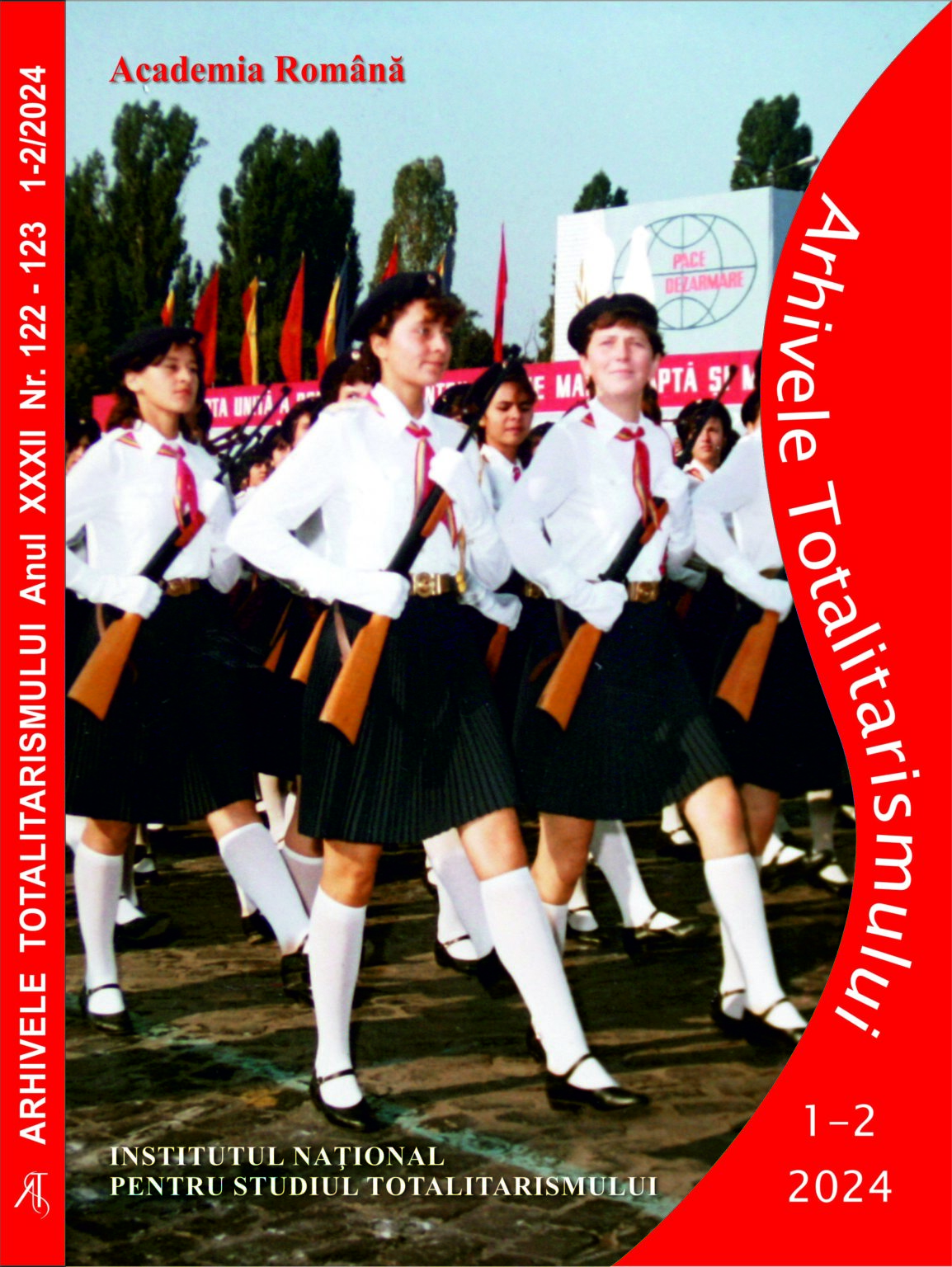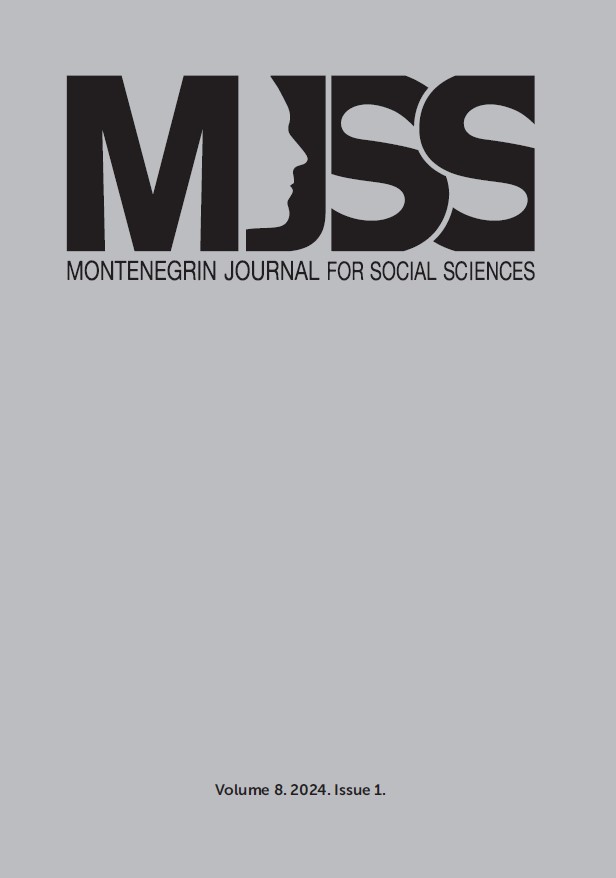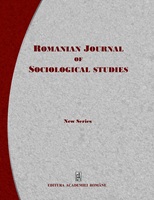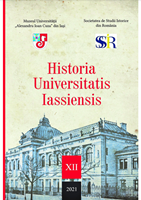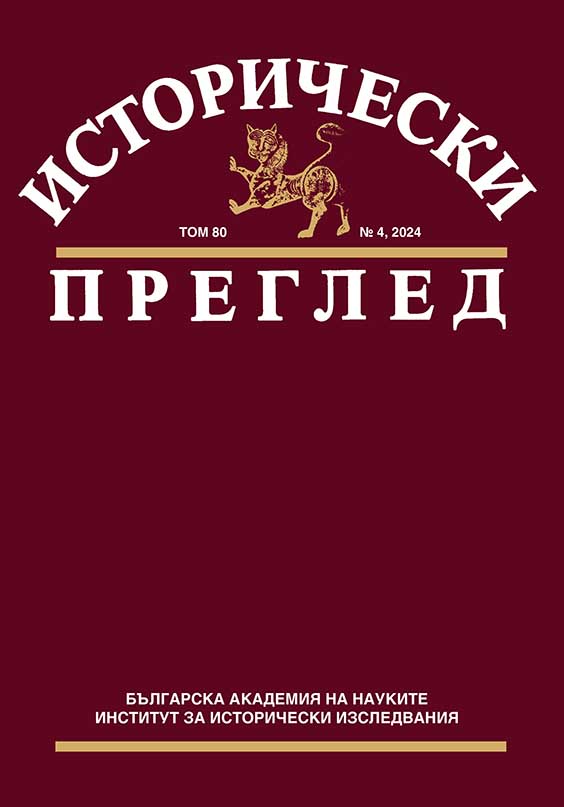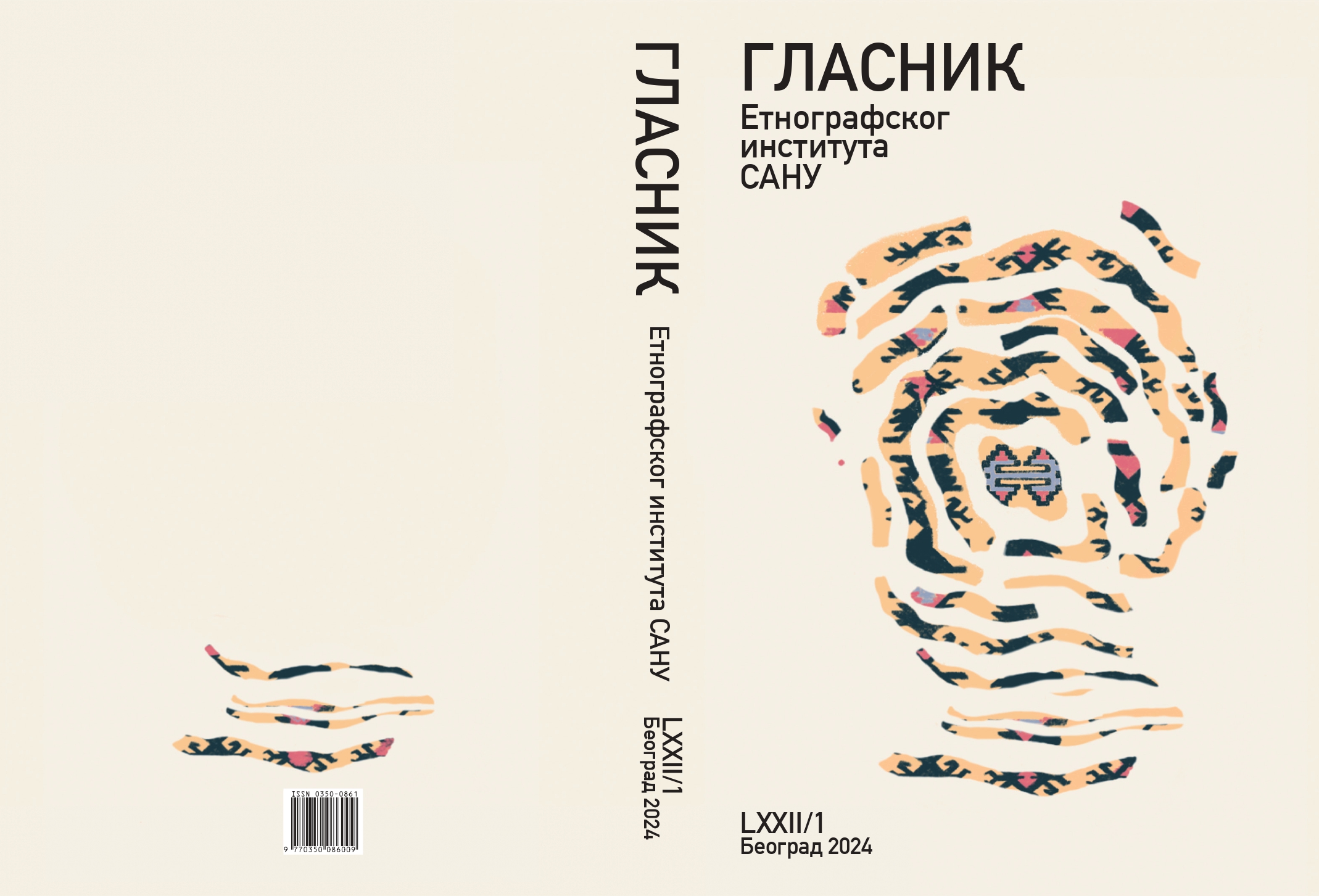
The Impact of Japonisme on European Art and Painting in the Late 19th Century: Characteristics of Cultural Exchange During the Rise Of European Imperialism
Since the opening of Japan to trade with the West, a cult of Japanese aesthetics in the art and design has been created in Europe. Japonisme exerted a remarkable influence on the emergence of Impressionism and Post-Impressionism, including a recognizable individual influence on key artists within those movements. Motifs, technique, composition, colors were directly borrowed from Japanese art, especially woodcats (ukiyo-e). Japonisme also influenced some later movements in painting and design, but Impressionism and Post-Impressionism represented the initial turning point. Only by considering the imperial expansion of Europe is possible to understand the essential components of that transmission, which requires not only art criticism, but rather, in its complexity, significantly overflows into the field of social critique and anthropology of art. The aim of this study is to trace the pathways and networks of exchange and power that facilitated the spread of Japonisme in Europe – to show how elements of Japanese culture were adopted, assimilated, and to what extent the inventions and originality of new styles and the establishment of new aesthetic standards relied on the dominant position of European culture, which could appropriate elements from other cultures. The study highlights how this transfer was marked by an exotic and Orientalist vision of Japan in Europe and examines the reception of the exoticization of Japan within Japan itself.
More...
